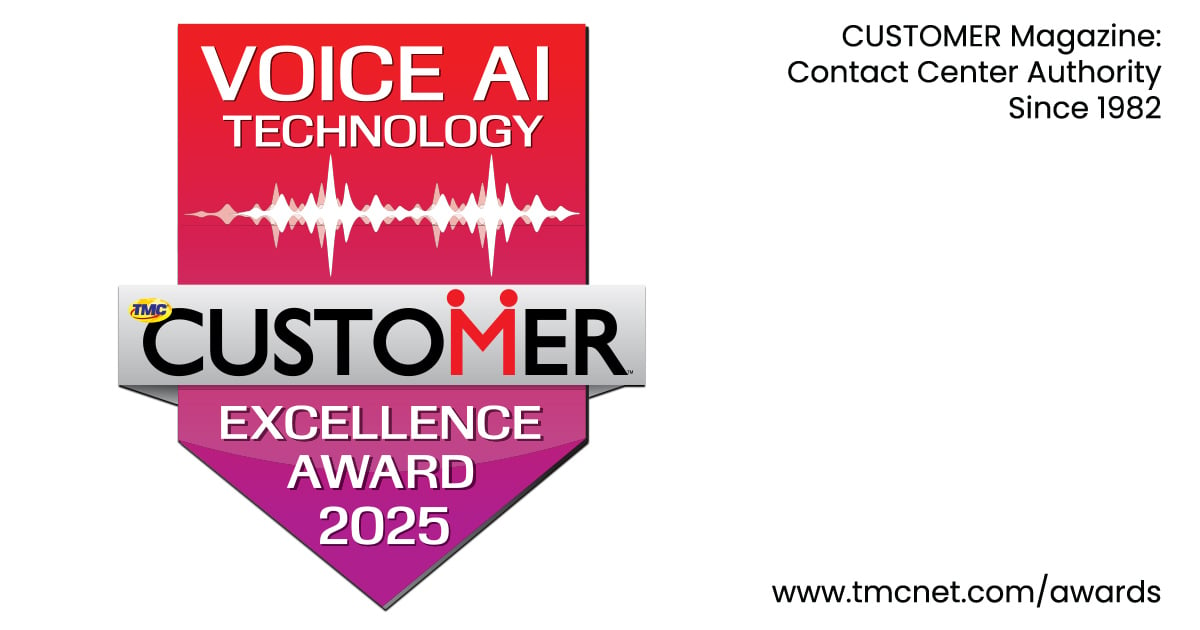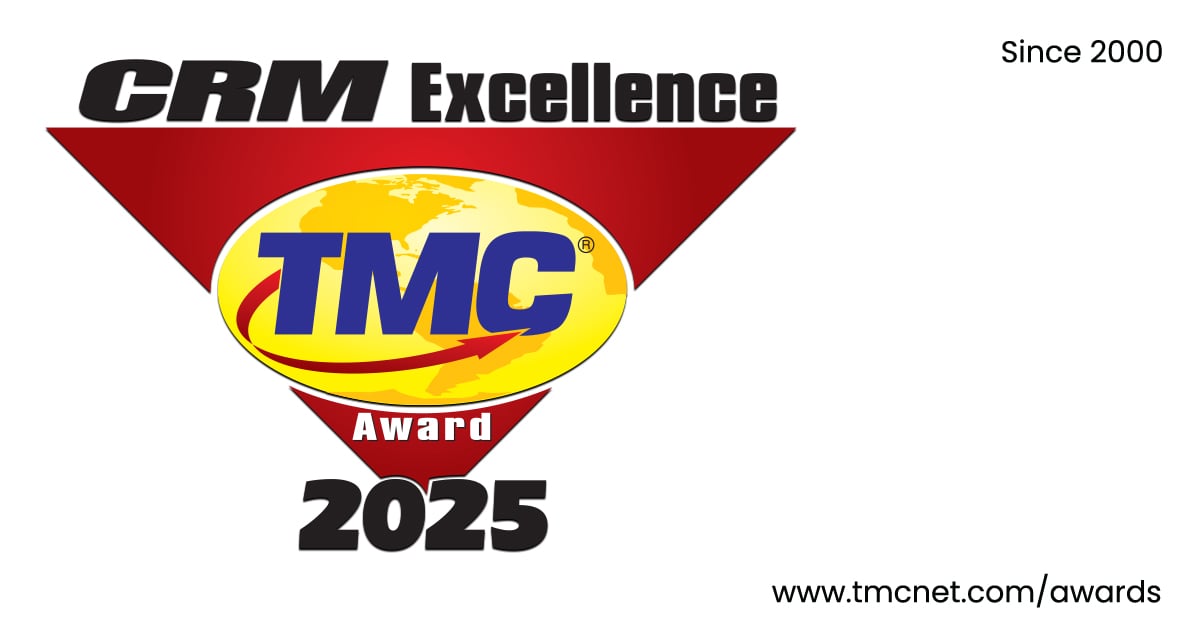
The news that American Express appears on the verge of overtaking Mastercard in terms of market share isn't the kind of breaking headline that sends most people rushing to Twitter. However it does raise the question of whether those little logos on the front of your card matter to your bottom line. Most people tend to focus on the rewards and interest rates associated with an individual card regardless of its network, but overlooking the network your card belongs to can mean neglecting some valuable benefits you don't want to leave on the table.
What the Networks Do
The majority of features consumers consider when thinking about a new credit card—the APR, the benefits offered—fall under the purview of the credit card issuers, such as Chase, Bank of America, etc. The credit card network mainly deals with the merchant, setting up the fee structure that determines how much of your purchase the merchant has to give to the credit card network for facilitating the transaction. American Express and Discover hold the distinction of being both credit card networks and credit card issuers, meaning most cardholders get their cards directly from Amex or Discover rather than going through a bank.
The exact amount the merchant has to pay the credit card network depends on a variety of mitigating factors, but in general the processing fee is lower for Visa, Discover and Mastercard, with American Express being the more expensive outlier. Given businesses, especially small businesses, operate on the tightest of profit margins and look to save money wherever they can, this fee structure is the reason American Express has a lower acceptance rate among merchants than the other major credit card networks.
Domestically, merchants welcome Visa and Mastercard the most, with Discover lagging just a little behind, while American Express brings up the rear, usually only accepted by major businesses that can easily absorb the higher processing fees. Practically speaking, that means if you are limiting yourself to just one credit card, you probably want to apply for a Visa- or Mastercard-networked card as they have higher acceptance rates in the United States, giving you more chances to swipe your card and rack up bonuses and rewards.
Sweet Side Perks
A credit card's side perks—extended warranties on select purchases or price protection, for example—can sometimes sway a customer into choosing one card over the other, and these tempting benefits are offered by the credit card networks. Complicating matters is that the credit card issuer will often offer its own side perks or refuse to offer all the side perks made available by the credit card network, meaning most of the time the consumer should judge each card on its individual merit, rather than thinking "All Mastercards offer such-and-such benefit" since this will vary depending on the individual card and issuer.
The one caveat to the above advice is the trend that, in general, the credit card industry appears to be less interested in offering side perks. Discover has eliminated almost all of them, while issuers such as Citi and Chase have dialed back on benefits such as price protection. American Express seems to be making a play for preserving the benefits it offers, so if these little bonuses are important to you, take a good, hard look at going with an Amex for your next credit card.
What Should You Choose?
In the end, evaluating the nuts and bolts of the individual card offered is far more important than what network it is on, since so much variety exists between each card. In broad terms, however, Visa and Mastercard offer you access to the largest number of merchants (both in the United States and abroad) while American Express looks to continue to offer the most robust roster of side perks. Discover won't offer you any side perks to speak of but has a fairly high acceptance rate among merchants worldwide—with some notable exceptions. Just don't go let the idea of network loyalty lock you into a card that isn't right for you—at the end of the day, a logo is just a logo.
Edited by
Maurice Nagle





